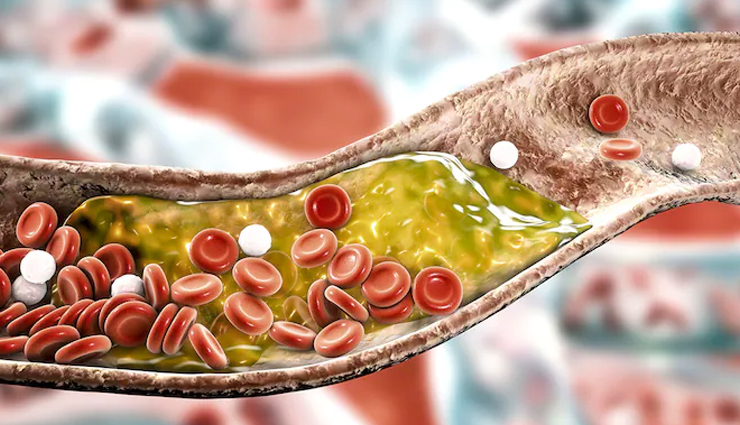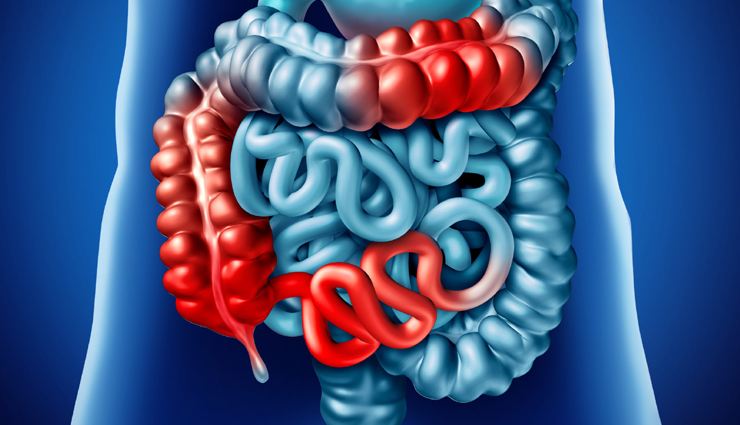- Home›
- Healthy Living›
- 9 Major Symptoms Of Fiber Deficiency
9 Major Symptoms Of Fiber Deficiency
By: Priyanka Maheshwari Fri, 19 Jan 2024 10:28:27

Dietary fiber plays a vital role in our nutrition. Despite often not being given the same attention as other nutrient sources, it holds equal importance alongside fats, vitamins, minerals, water, carbohydrates, and proteins. A deficiency in fiber can result in complications affecting the body's proper functioning. Various food sources offer the means to obtain an adequate amount of fiber. This blog explores the consequences of fiber deficiency, its symptoms, and strategies to balance it through dietary choices.
Essentially, fiber is an indispensable dietary component, categorized as a type of carbohydrate. Unlike other carbohydrates, fiber cannot be broken down into sugar molecules and remains undigested as it passes through the digestive system. A daily intake of 28 grams of fiber is recommended for an individual consuming 2000 calories on average. Despite its indigestibility, fiber plays a crucial role in regulating blood sugar levels, managing hunger, and supporting overall health. Insufficient fiber intake leads to a condition known as fiber deficiency, which can trigger a range of health issues in the body.

# Elevated Cholesterol
Soluble fiber, which absorbs water, plays a role in reducing the body's cholesterol absorption and facilitating its elimination. Insufficient fiber intake can lead to an increase in cholesterol levels. Examples of soluble fiber sources include beans and oats.

# Haemorrhoids
Inadequate fiber consumption can result in constipation, leading to the development of haemorrhoids. Insufficient fiber causes the stool to remain in the colon for an extended period, resulting in dry and painful bowel movements. A high-fiber diet can alleviate this condition.

# Difficulty in Weight Loss
Consumption of high-fiber foods induces a feeling of fullness, reducing the need for frequent eating. Fiber-rich foods do not significantly contribute to calorie intake, aiding in weight loss.

# Blood Sugar Fluctuations
Fiber plays a crucial role in stabilizing blood sugar levels. Reduced fiber intake can lead to fluctuations in blood sugar levels.

# Persistent Fatigue
Fiber, responsible for blood sugar regulation, becomes crucial in preventing spikes that can result in constant fatigue and sluggishness throughout the day.

# Constipation
Fiber deficiency contributes to irregular bowel movements. Soluble fiber's water-absorbing properties facilitate smooth bowel movements, preventing the prolonged stay of dry stool in the colon. A diet rich in fiber can prevent constipation.

# Frequent Hunger Pangs
Fiber-rich foods create a sense of fullness due to increased chewing, slower digestion, and water absorption. Absence of fiber in the diet can lead to more frequent feelings of hunger.

# Symptoms of Dehydration
Fiber deficiency may result in dehydration and electrolyte imbalance, leading to increased urination, extreme thirst, and dry eyes and mouth.

# Mood Swings
Fiber aids in the release of serotonin, a neurotransmitter influencing mood. Lack of fiber-rich foods can contribute to mood swings.





